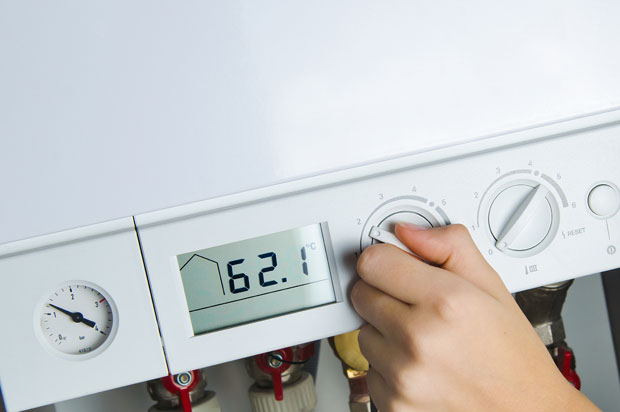Can’t pay the bills
What do you do if you don't have enough money to pay the bills? Don't panic, The Mix is here to help.

Deal with your debts
If you can’t pay the bills, it’s best to start the path towards clearing your debts as quickly as possible. By getting your finances in some sort of order you’re likely to feel a great weight lifted off your shoulders. This doesn’t mean miraculously clearing all debts within the month, it means setting goals and putting together a plan of how to tackle your money woes over a longer period.
Where to start if you’ve got money problems
- Phone home. Much as you may want to stand on your own two feet, the first port of call should probably be your close family. If you ask for a loan rather than a handout and show that you’re willing to get your finances in order after this, they may help you out.
- If you can’t pay your rent, discuss the problems with your landlord/housing agency. Don’t ever just stop paying your landlord. If you are upfront about your cash flow problems – especially if they are short-term – they may be more understanding about giving you extra time to pay.
- Prioritise all your outgoings. Make sure you have a roof over your head and food to eat, and then work out what else you can afford. A debt charity, such as National Debtline, will help you prioritise your expenditure and get you back on track. Have a read of our making a budget article right on here on The Mix for some useful budgeting tips.
- Contact your creditors in writing. This may involve sending your creditors a proposed repayment scheme – one you feel you can afford. If they’re not happy with it and take you to court, don’t worry; the court will only order you to make repayments that you will be able to afford, anyway.
- If you are a student, you can apply for a Hardship payment here. Whilst this can take a while to come through, once they have accepted your claim you can tell your landlord, which will hopefully get them off your case for a while. Most universities also have an accommodation fund for those of you whose rent is higher than average. Ask your academic registry for more information.
- Check here to find out if you are entitled to some form of housing benefit or Local Housing Allowance if you rent from a private landlord. However, this is not available if you live with a close relative or you are a full-time student (unless you are disabled or have children). Find out more about housing benefit here.
- Speak to your bank. If you are entitled to some of the above funds you could go to your bank with written confirmation and they may give you a temporary overdraft extension to cover you until they arrive. They’re more likely to be flexible if you’re upfront and honest. Head here to learn more about overdrafts.
Your credit report
While you should always pay your way with bills in a house-share situation, it’s important to realise that failure to pay will only affect you personally if the bill/bills are in your name.
If they are in your name, defaults and delays in payments with everything from council tax to credit cards will be noted on something known as your credit report. This is a report held, but not determined, by a number of credit reference agencies. When you apply for new credit lenders use the information held to assess how reliable you are as a payer.
That’s why it’s important to protect your credit report by making bill payments in full and on time. Failure to pay could affect further borrowing, which could be very frustrating at a later date if you are refused a mortgage to buy your first home, for example.
It’s worth noting, however, that a poor credit history isn’t some kind of poop sandwich that you’ll be eating for the rest of your life. You can turn your credit rating around when you know how, learn how to boost your credit rating here.
What you shouldn’t do
- Panic: If you can’t pay your bills this month, getting flustered and upset isn’t going to get the cash together, nor is pretending everything is OK. Keep calm, and work out a plan of action. Remember, you can’t be evicted without a court order and that could take weeks to arrive.
- Expect friends or flatmates to bail you out: If you’re only a little behind, your mates may offer to help you out, but making a habit of this won’t go down well. Make sure you read our advice on owing money to your friends.
Next Steps
- StepChange offers free advice on your debt problems, basing it round what's right for you. 0800 138 1111
- Chat about this subject on our Discussion Boards.
By Holly Turner
Updated on 06-Jun-2021
No featured article













